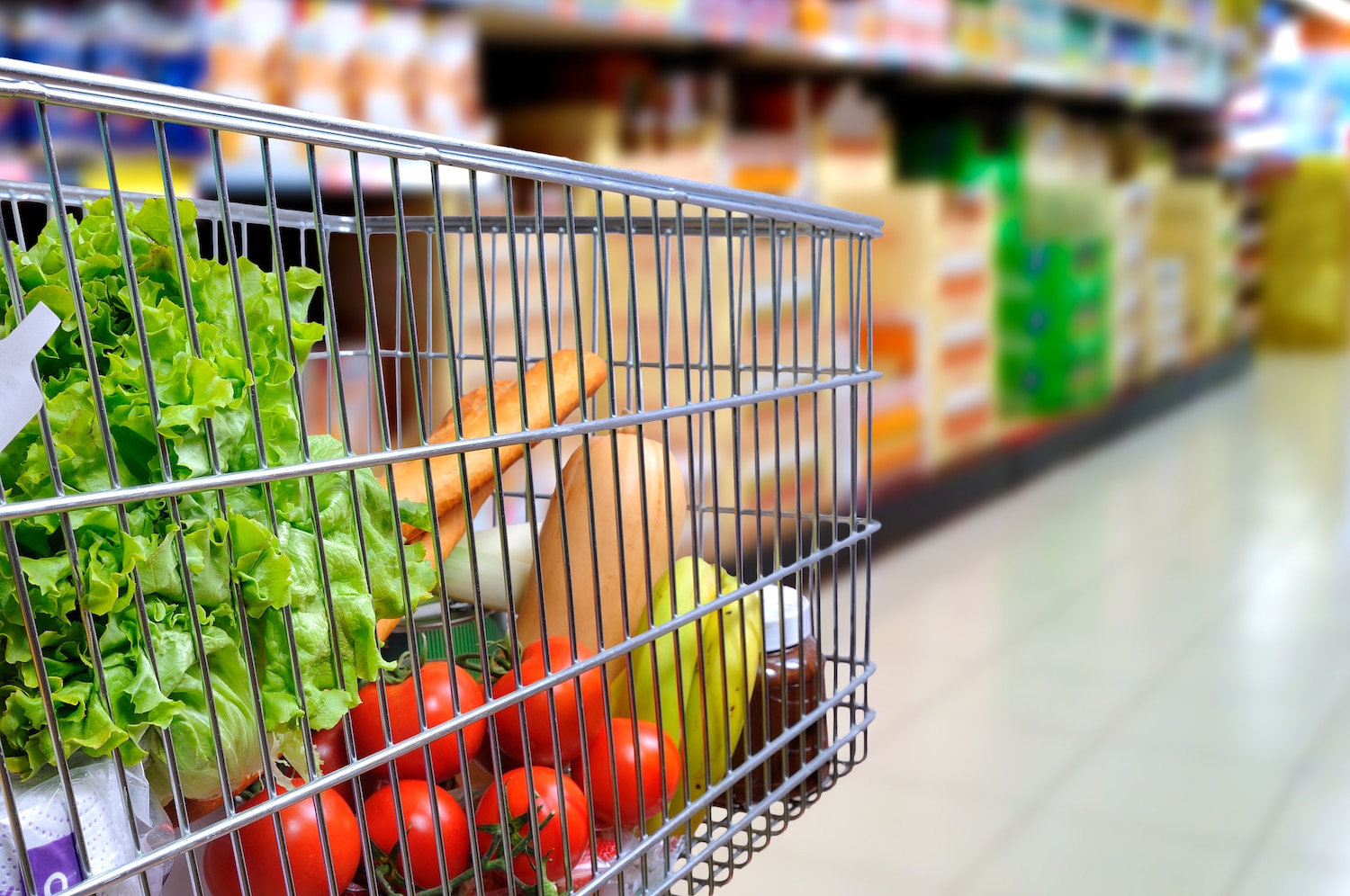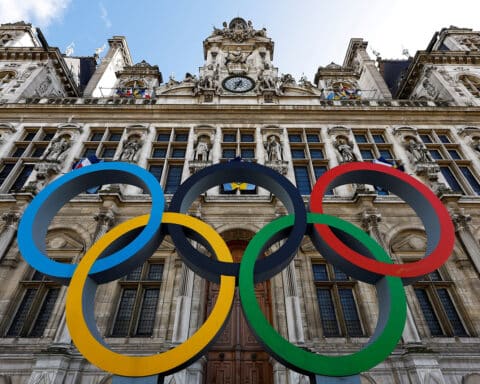(OSV News) — “Greedflation” is a hot economic topic, raising serious questions about whether or not inflation has indeed been worsened by corporate profiteering, and if American families will ultimately pay the price.
On May 25, The Wall Street Journal reported that first quarter earnings suggested companies are using inflation as an excuse for big price increases, padding profit margins even as the amount of goods they sell has slowed.
Anthony Annett, a visiting scholar at New York’s Columbia University, former senior economist at the International Monetary Fund and author of “Cathonomics: How Catholic Tradition Can Create a More Just Economy,” said “greedflation” exists but is better termed “profit-driven inflation.”
“I really dislike the term ‘greedflation,'” he said. “Because it suggests that somehow, in the last two or three years, corporations have just gotten greedier — and that doesn’t make any sense,” Annett told OSV News. “The level of greed out there is unchanged.”
“Profit margins are basically rising, because prices are rising faster than costs,” he said. “Corporations are basically pushing up the prices more than they need to, to cover their increasing costs.”
Corporations that have pricing power, Annett said, “can use the fog of inflation to kind of confuse people. It’s like, ‘We raise our prices, and let’s just blame it on overall inflation so consumers won’t blame us.'”
“I think we’re seeing a lot of that and it’s manifested in the extremely high profit margins we’re seeing right now in the economy,” he said.
Annett said this is disturbing from a Catholic viewpoint.
“In Catholic social teaching, maximizing profit cannot be the sole goal of business,” Annett said, explaining the idea “that your only job is to maximize your return to shareholders is not the view of Catholic social teaching.”
“This is expressed most clearly by Pope Benedict XVI in ‘Caritas in Veritate,’ when he said that businesses have a broader responsibility to workers; to consumers; and to suppliers; to the environment and to society at large,” Annett said.
There is not, however, universal agreement among economists about whether inflation or human greed for profit at the expense of the common good is to blame.
“Greedflation’ simply isn’t a coherent explanation for inflation,” said Samuel Gregg, a distinguished fellow in political economy at the American Institute for Economic Research, and an affiliate scholar at the Acton Institute.
“Inflation is the result of too many dollars chasing too few products. It is as simple as that,” Gregg said. “The persistent inflation that we have been experiencing reflects the fact that the Federal Reserve expanded the money supply in response to COVID in a way that went far beyond any growth in the economy’s size.”
Gregg said there are other explanations.
“The reason why businesses are raising prices is that their costs are rising, especially with regard to their biggest cost, which is labor,” said Gregg. “We have a very tight labor market. To get workers, employers must pay more. That cuts into their margins. It follows that if they are to make any profit, they have to raise their prices.”
The U.S. unemployment rate stood at 3.7% in May, according to the Bureau of Labor Statistics.
According to Department of Labor data, the 4% inflation rate reported in May has been more than halved from 12 months ago, when it stood at 8.6%, and is the lowest it has been in over two years, as reported June 13 by the Consumer Price Index Report.
The Federal Reserve’s target annual inflation rate is 2%. For the last 15 months, the Fed has raised interest rates in an attempt to halt the worst inflation the country has experienced since the 1980s.
Hannah Kling, assistant professor of data analytics and economics at Belmont Abbey College in Belmont, North Carolina, also agreed that human avarice is not the culprit driving inflation.
“People’s greediness has not plausibly changed, nor have the economic rules changed to allow people to suddenly be more greedy,” Kling told OSV News. “So the question is, what is causing higher prices? And that has to do with COVID, and the government’s response to COVID.”
A July 2022 edition of FEDS Notes, a publication of the Board of Governors of the Federal Reserve System, noted that their “back of the envelope” calculations found “U.S. fiscal stimulus during the pandemic contributed to an increase in inflation of about 2.5 percentage points (ppt) in the U.S and 0.5 ppt in the United Kingdom.”
Energy costs have fallen — but food expenses remain high, as does the price of a used car.
On June 16, CBS News reported the annual rate of inflation in some U.S. cities, such as Minneapolis and Honolulu, has already fallen below 2%. But in Phoenix, Tampa, Florida, and Miami, inflation is still between 7.3% to 9%, which CBS attributed to housing cost differentials.
“Some people, particularly, are in more dangerous positions; they’re more exposed to inflation — and those are people who do not own their own home, or do not have a fixed rate mortgage,” Kling said. “Renters — their rent is increasing, right along with the rest of prices. And that can be rough. … It definitely can be tough for individual families.”
Annett agreed.
“Even though overall inflation is down a lot, there are a number of big-ticket service items — specifically health care, education, and housing — that have risen over the past decade or more by a lot,” he said. “I think this is where people are really feeling the crunch. This is an area where people understandably feel overburdened, and may have to cut back because of it.”
Annett said Catholics need to take heed of Pope Benedict’s encyclical, which soundly rejects the idea of an economy sanitized from moral considerations and teaches “every economic decision has a moral consequence.”
“The Church’s social doctrine has always maintained that justice must be applied to every phase of economic activity, because this is always concerned with man and his needs,” wrote the pope in “Caritas in Veritate.” “Locating resources, financing, production, consumption and all the other phases in the economic cycle inevitably have moral implications.”
Nor was Pope Benedict’s theological opinion an isolated modern attitude — Annett pointed out St. Thomas Aquinas taught the same principle.
“Aquinas actually was very clear on when it’s legitimate to raise prices or not,” he said. “He basically argued that if there is not a special loss that you are facing, it’s immoral to raise prices. It’s immoral to raise prices simply to extract more value from the other person on the other side of the transaction, if you’re not facing some kind of substantial loss or higher cost.”





